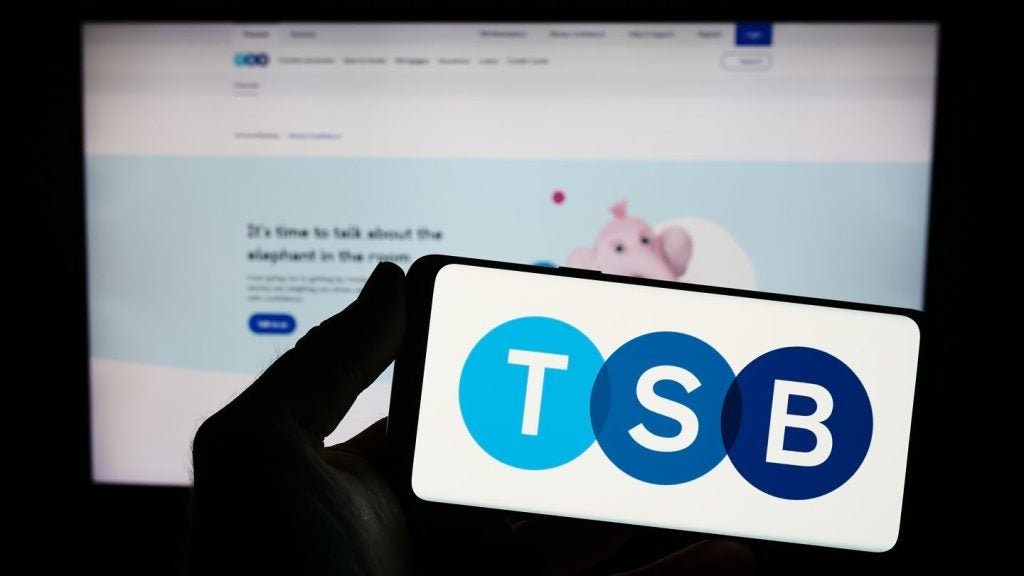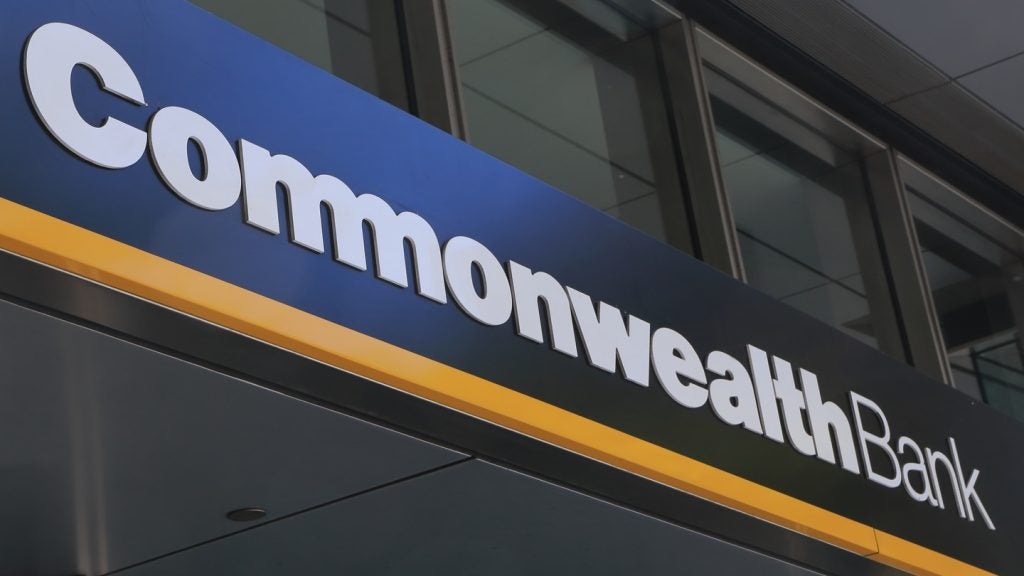South Korea is home to a well developed and thriving financial sector. This can be seen within banking and payments. Now, the biggest banks in South Korea are all trying to be the best and gain the most customers. Patrick Brusnahan reports
The average number of monthly card payments is estimated at 6.4 in 2018, which is among the highest figures in the Asia Pacific region. South Korea is also a highly mature market in terms of card penetration, with an average of 5.3 cards per inhabitant. A strong banked population and high levels of financial awareness have driven consumer adoption of payment cards in the country.
While credit cards continue to dominate the market, debit card payments have grown quickly, supported by government measures to rein in growing card debt and encourage consumer us of debit cards. In terms of both transaction volume and value, the South Korean payment card market is poised to grow rapidly between 2018 and 2022, as a result of initiatives such as the Coinless Society Project, reduced merchant service fees, tax benefits for card payments and robust growth in the e-commerce market.
As part of the Coinless Society Project, the Bank of Korea, which is the central bank in the country, initiated a pilot in April 2017, allowing merchants to transfer the remaining balance from the total payment value to a customer’s bank account or other electronic payment instrument – such as a prepaid card – instead of returning it as physical money.
If successful, this initiative will be expanded to include more merchants, helping to drive electronic payments.
Biggest banks in South Korea
So who are the major players? There are a number of huge banks, such as the Industrial Bank of Korea and the Korea Development Bank, that are not retail banks. In fact, these are partly owned by the government and mainly deal with investment, wealth management and business banking.

US Tariffs are shifting - will you react or anticipate?
Don’t let policy changes catch you off guard. Stay proactive with real-time data and expert analysis.
By GlobalDataKB Kookmin Bank is regarded as a huge force in the retail banking field. It held total assets of KRW323trn ($287bn) as of end-2017 and employs over 26,000 staff. It was also ranked 7th most valuable Korean brand by Interbrand in 2018.
Woori Bank adopted its current name in 2002. Its Jongno branch is located in the Gwangtonggwan, which is the oldest continuously operating bank building in South Korea.
At the end of 2018, Woori held KRW376trn in total assets. Across South Korea, the bank has 877 branches and employs 14,780 people.
Shinhan Bank recorded record high net profit of KRW3,157bn in 2018, an 8.2% rise from the previous year. It is part of the Shinhan Financial Group along with Jeju Bank. Chohung Bank merged with Shinhan in 2006.
Global banks have a strong presence in South Korea through sub-brands such as Citibank Korea and Standard Chartered Korea.
The country now has digital-only players such as KakaoBank. It is a Korean internet bank that launched in July 2017 and allows customers to withdraw and deposit money from any ATM. Furthermore, it plans to launch a credit card in 2019.
Overall, there are a number of established and new players trying to be the biggest bank in South Korea. The market is ripe and it will be a strong contest to see who comes out on top.







